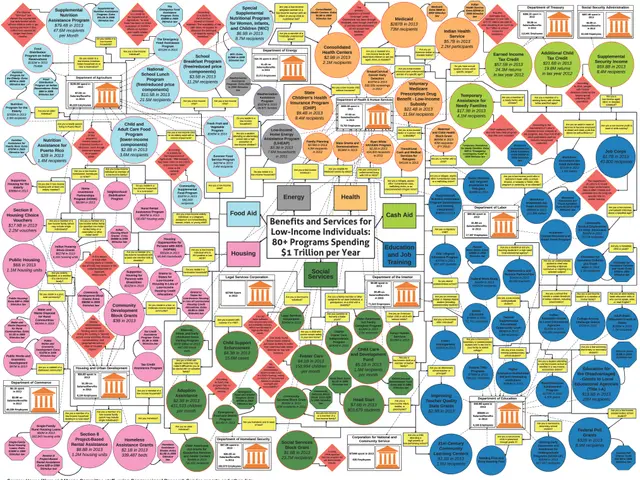Exploring Symbolic Thought: Unleash Your Creative Potential and Materialize Imagination
Metaphorical thinking, a captivating facet of human cognition, plays a significant role in enhancing our understanding of complex and abstract ideas. By relating one concept to another in an unexpected way, metaphors act as cognitive shortcuts that lead us down the path of comprehension.
One example of a powerful metaphor is "love is a battlefield," which paints a vivid picture of the emotional conflicts and challenges that can arise in romantic relationships. Another metaphor, "the world is a stage," likens life to a theatrical performance, emphasizing the idea that life is a grand drama with its share of comedies and tragedies.
The advantages of metaphorical thinking extend beyond linguistic embellishment, weaving a tapestry of cognitive benefits that enrich our understanding, creativity, and communication. Metaphors transform communication from a mere conveyance of information into a captivating narrative, infusing words with imagery, color, and emotion.
Important authors and thinkers foundational to the study of metaphorical thinking include George Lakoff and Mark Johnson, who developed conceptual metaphor theory, as well as earlier philosophers like Aristotle, who analyzed metaphor in rhetoric, and Giambattista Vico with his ideas about poetic wisdom. More recent cognitive linguistic approaches build on their work for ongoing research in this area.
Developing metaphorical thinking skills involves reading widely, practicing analogies, writing metaphors, reflecting and experimenting, learning from masters, engaging in discussions, seeking feedback, and applying metaphors in professional settings. The metaphor "ideas are seeds" nurtures the concept of creativity and innovation by likening ideas to seeds that need to be planted and nurtured to grow.
The metaphor "time is money" underscores the value of time, likening it to our appreciation of money and urging us to invest our time wisely. Metaphorical thinking can be a valuable tool in business, education, and problem-solving, helping convey complex ideas more clearly and engage audiences effectively.
However, it's essential to be aware of cultural nuances when using metaphors in communication, as different cultures may have their own unique metaphors and interpretations. For instance, the metaphor "life is a roller coaster" captures the unpredictable nature of our life experiences by drawing parallels between the highs, lows, twists, and turns of a roller coaster ride.
Metaphorical thinking serves as a cognitive simplification tool, making intricate notions more accessible and easier to grasp. It also fosters creative problem-solving by inviting us to examine challenges from unconventional vantage points, resulting in novel perspectives and innovative solutions.
In essence, metaphorical thinking is a skill that can be developed and refined over time, offering a myriad of benefits for understanding, communication, and problem-solving. So, let's embrace the power of metaphors and unlock their potential to enrich our lives.
Read also:
- Peptide YY (PYY): Exploring its Role in Appetite Suppression, Intestinal Health, and Cognitive Links
- Toddler Health: Rotavirus Signs, Origins, and Potential Complications
- Digestive issues and heart discomfort: Root causes and associated health conditions
- House Infernos: Deadly Hazards Surpassing the Flames








